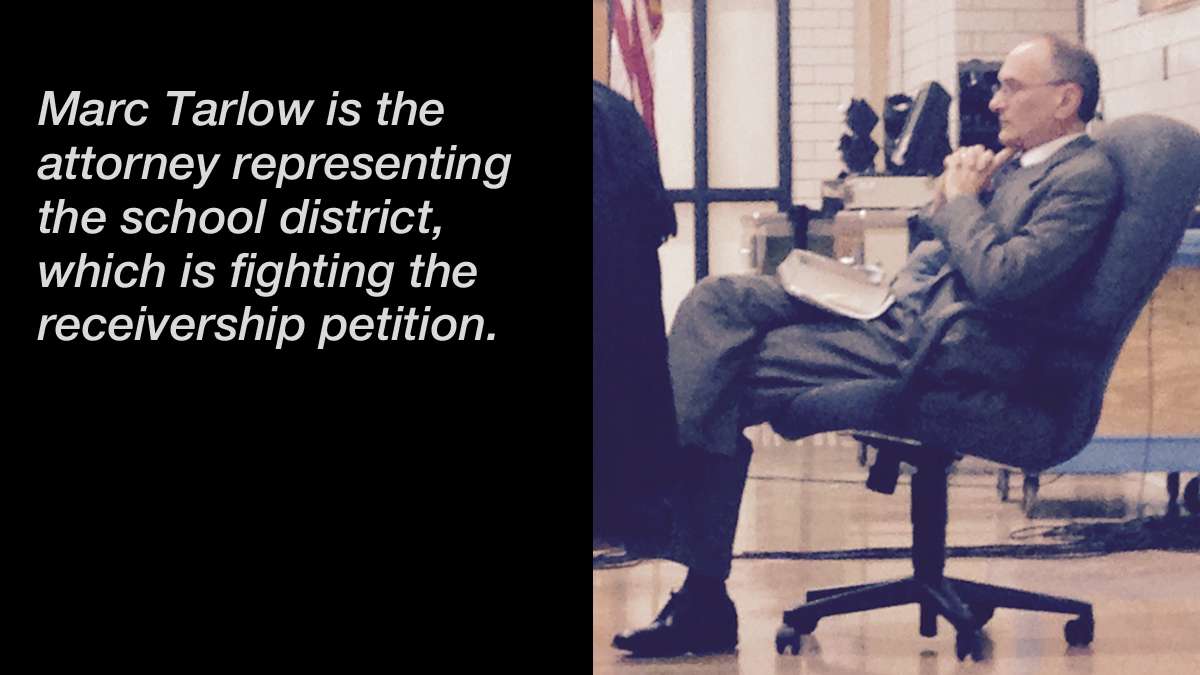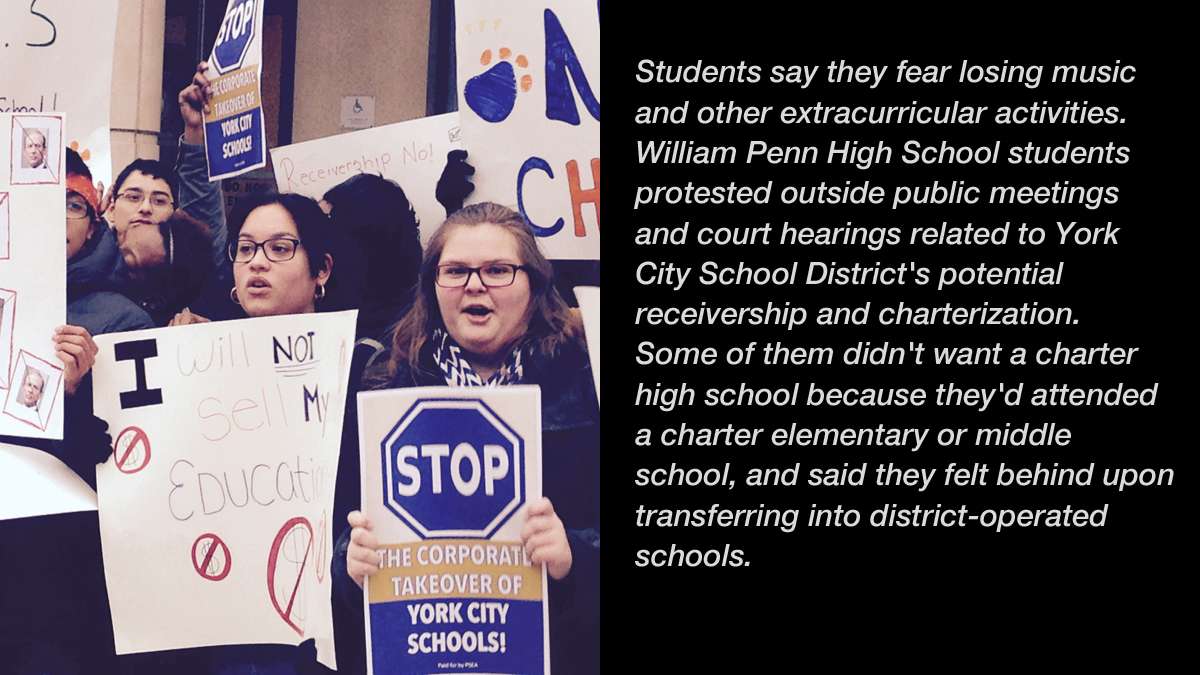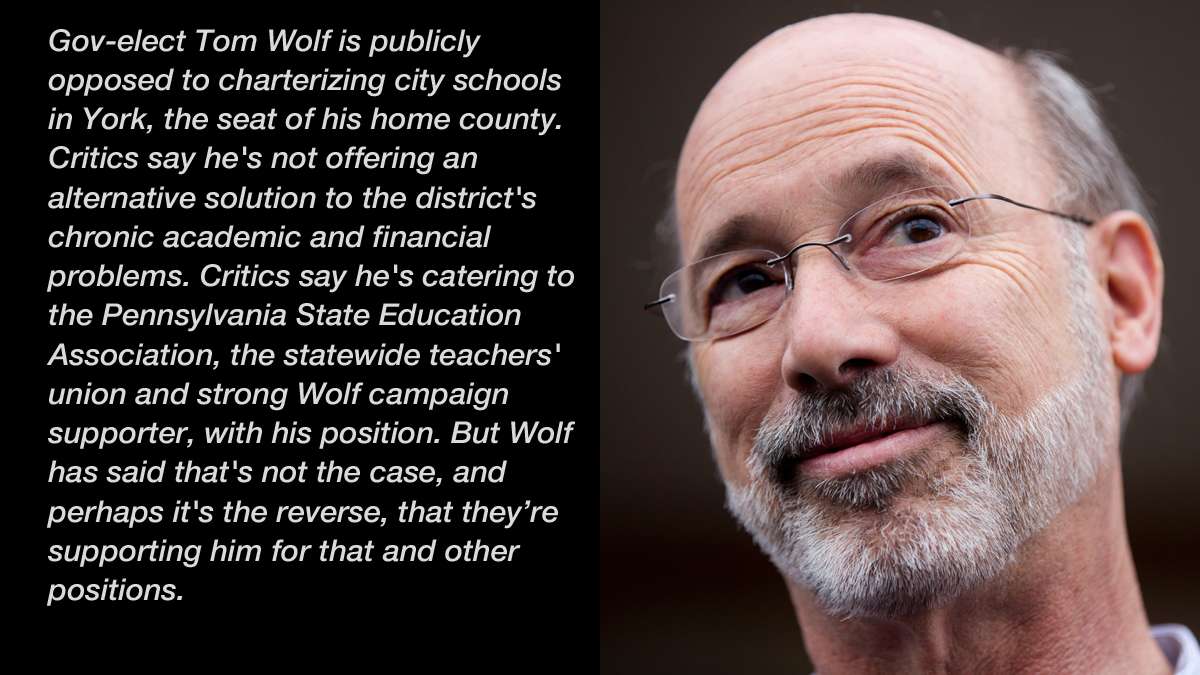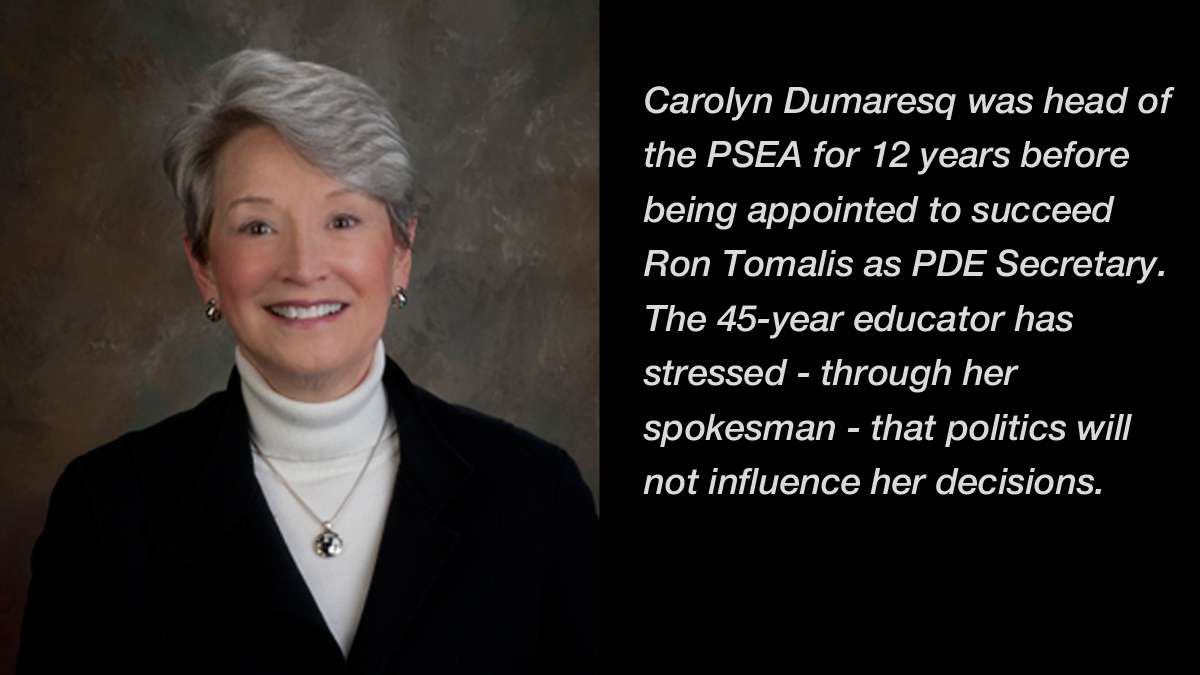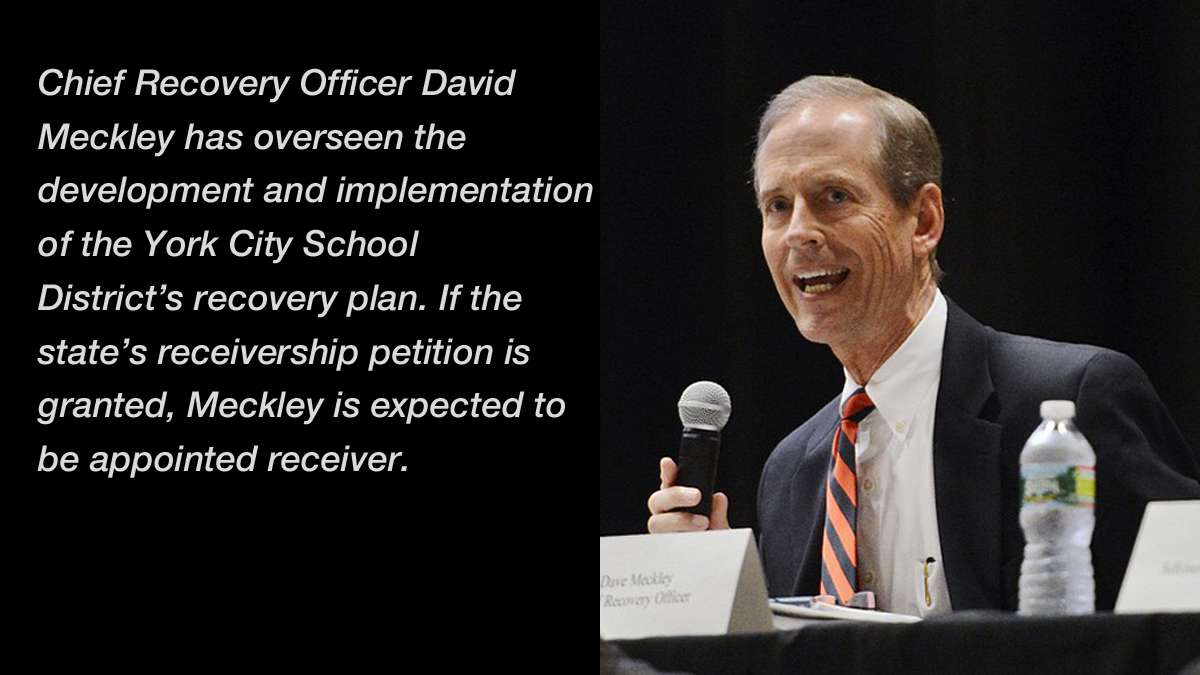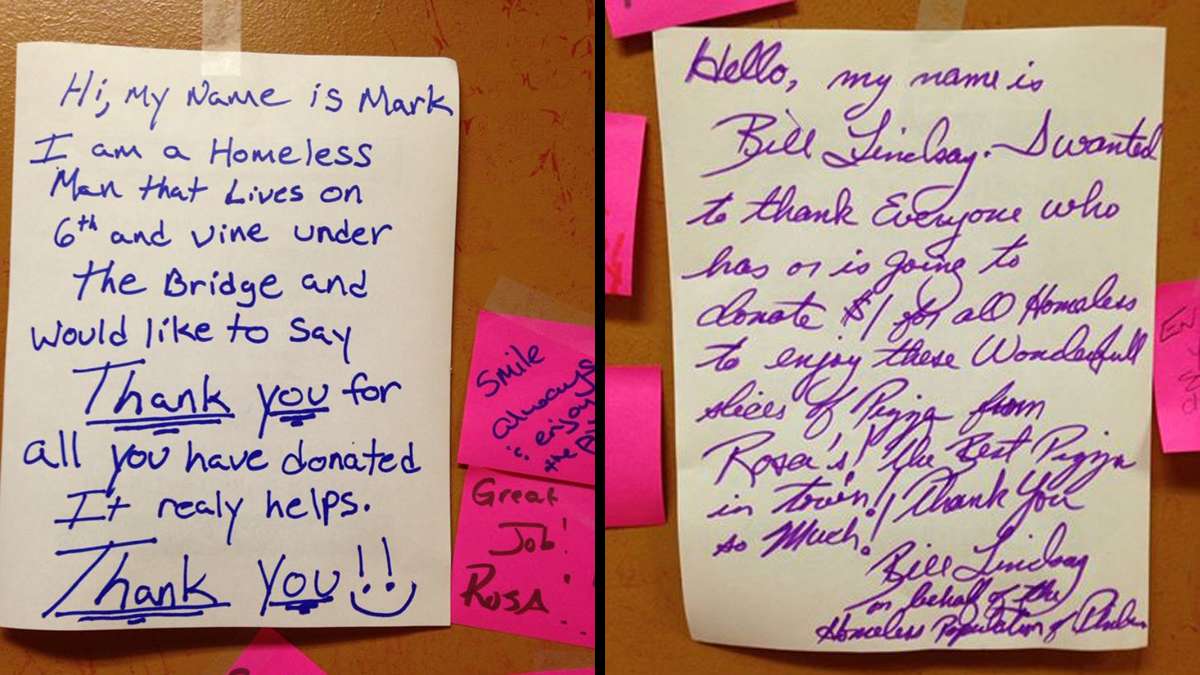A Philadelphia pizzeria sparks the spirit of giving
No matter what your approach to the holidays is, I’ll bet it includes some theme of light or warmth — a festival of lights or a shining star in the night, whether sacred or secular. For some, it’s about pizza — which, let’s face it, is sacred.
We’ve reached the shortest, darkest days of the year. No matter what your approach to the holidays is, I’ll bet it includes some theme of light or warmth. It’s an important theme to many people of many different traditions in the Northern Hemisphere. For some, it’s a festival of lights, whether sacred or secular. For some it’s about shining stars in the night, whether sacred or secular. For some, it’s about pizza — which, let’s face it, is sacred.
And one of pizza’s holy spaces in Philadelphia is Rosa’s Fresh Pizza (25 S. 11th St.) in Center City. The initial concept of owner and entrepreneur Mason Wartman was excellent pizza made from simple, fresh ingredients, for a buck a slice.
Originally a Philly boy, Wartman migrated to the financial industry in New York City after getting his business degree. Noticing the success of the dollar-a-slice pizzeria model in New York, he decided to return to Philly and put his business smarts to work.
Rosa’s just hit its first birthday — and what a year it’s been. Business has gone well, and in unexpected ways.
“One day in March,” Wartman recalls, “a customer walked in. Seeing that we had lots of people who struggle with homelessness in the neighborhood and sometimes coming in for a slice, the customer bought his slice for a dollar, then handed me a second dollar bill, asking me to use it for a slice for the next homeless person who came in.”
We’re on to something
Wartman says the customer’s suggestion “made business sense and personal sense.” He realized there was room for a flexible business model here.
For two bucks, customers can buy a slice for themselves and one for someone in need. It’s all voluntary. “Some customers just buy for homeless people — some just buy for themselves. It’s a regular restaurant,” says Wartman.
Rosa’s has given away some 7,800 slices in eight months, feeding about 30-40 people in need daily — using equipment, facilities, and expenses already borne by the success of the restaurant.
The pay-it-forward concept is visibly prominent throughout the store. Wartman used to require patrons to write a Post-It Note for each slice they purchased for a person in need, but after hitting 500 notes, the system became unreliable. Now he accounts for the donated slices in the cash register, but he still allows patrons to write a note if they like and to put it up on the shop’s walls, adding to a colorful collage of good wishes.
So Rosa’s became a space for sharing food, thoughts and company. And as time went on, Wartman saw the difference it made.
Giving away food to people in need has been rewarding, he says, but the transaction runs deeper. “To be honest, the most charitable thing we do is treat them like regular people. They eat right alongside any customer. It’s the same food as any customer. They can sit and go use the bathroom like any customer. I’ve had a couple homeless people tell me as much.”
A greater need
As the cold winter months approached, Wartman says some of the people who received free pizza showed their gratitude by asking to do odd jobs around the restaurant. He realized the pay-it-forward program could take a step toward closing the gap between food services and access to resources that help to break cycles of homelessness.
So Wartman is working toward expanding Rosa’s model to durable goods — clothing being a primary need — and, importantly, education. He has partnered with Rush Order Tees for a trial run: The pizzeria sells t-shirts and sweatshirts. For every t-shirt sold, Rosa’s donates seven slices. For every sweatshirt, Rosa’s donates another sweatshirt to someone in need.
But it’s not just warmth that person receives. Printed inside the shirts are phone numbers and addresses of nearby places that provide services such as food, training and computer access.
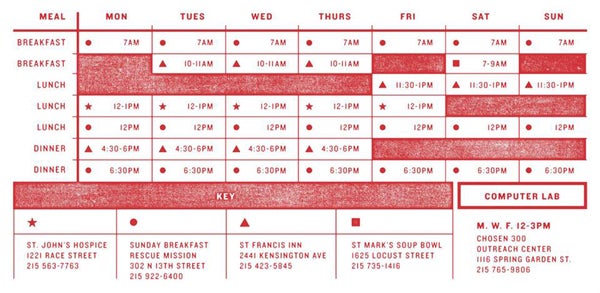
So someone in need keeps the information readily accessible, and someone who has bought a shirt literally carries on his or her back the reminder of a connection with others.
As someone who works professionally with people in need in Philadelphia, including those struggling with homelessness, hunger, and lack of access to services, I think this is a pretty transformative way to build connection and community.
It’s also a good business model to explore. And Wartman intends to. “It’s a model that can be replicated and developed,” he says. “It’s to a point that not doing it is wrong — it’s so easy to help so many people. It doesn’t cost me anything; it’s better for business.”
Further, he says, “I’d like to encourage other businesses to do it.”
WHYY is your source for fact-based, in-depth journalism and information. As a nonprofit organization, we rely on financial support from readers like you. Please give today.


